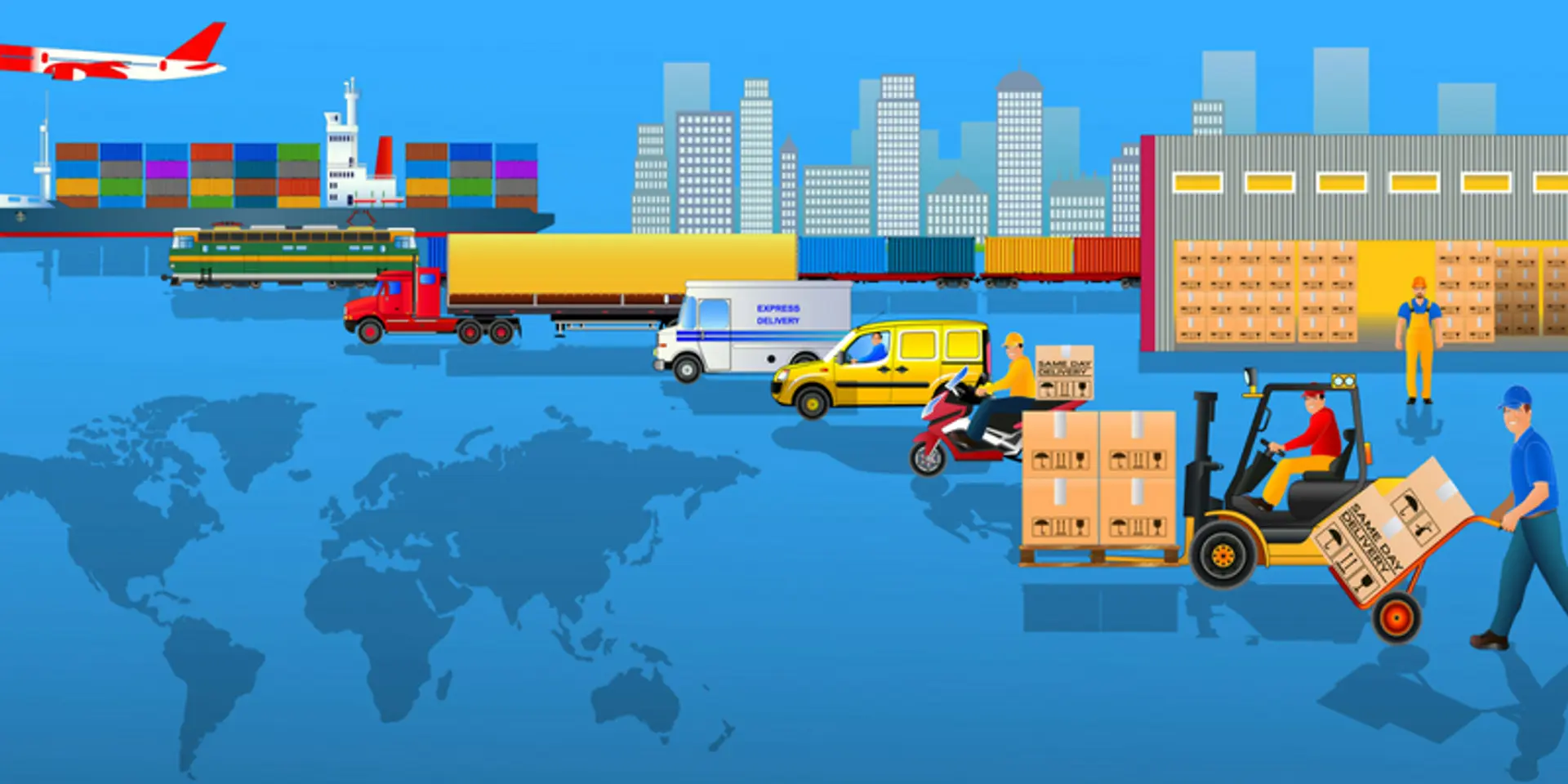Tiger Global-backed Loadshare Networks' FY loss improves despite revenue decline
The logistics startup reduced its expenses by 22.9% in the year, easing some pressure off of its bottomline.
Last-mile logistics startup Networks managed to reduce its annual loss compared to the previous year despite a 11.34% fall in revenue from operations.
Revenue from operations for the year ended March 31, 2024, was Rs 340.9 crore, compared with Rs 384.5 crore a year ago.
The company earns primarily by offering courier and transport services to its customers. It also collects GST on the services, excluded from revenue calculations.
Total loss for the period was Rs 43.2 crore, versus a loss of Rs 110.9 crore the previous year.
The Tiger Global-backed startup reduced its expenses by 22.9% compared to the previous year, primarily by cutting costs in employee benefits and ‘other expenses,’ which cover areas such as power and fuel, rent, repairs, travel, and legal fees.
Founded in 2017 by Raghuram Talluri, Pramod Nair, and Rakib Ahmed, the company began with part-truckload services for enterprise clients, initially targeting Tier II and III cities. It has since diversified into rapid delivery for food, groceries, and quick commerce orders, and also provides dark store and warehousing solutions.
To date, the logistics firm has secured $61.2 million through debt and equity financing. In January 2022, it reached a valuation of $162 million, according to data research firm Tracxn.
Its most recent funding was a Series C round in February 2022, raising Rs 300 crore, led by Tiger Global with participation from CDC Group and Matrix Partners.
Loadshare's rival, logistics unicorn Shiprocket, reported a 21% growth in revenue in the financial year ending March 2024, versus a year ago, to Rs 1,316 crore.
Its bottom line of Rs 595 crore in loss after tax was hurt by one-time restructuring and integration costs of Rs 244 crore, along with significant ESOPs costs worth Rs 192 crore during the year, and several investments in its emerging business.
Edited by Megha Reddy







